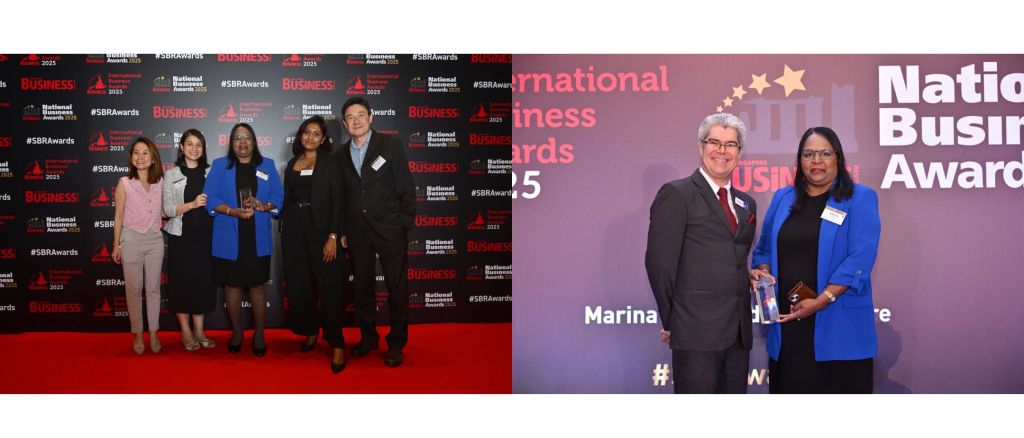CATEGORIES
Navigate Our Blog Library
LSBF SINGAPORE Campus EXPERIENCE
A Tapestry of Learning and Growth
Welcome to LSBF Singapore Campus’s blog, where we delve into diverse facets of education, innovation, and student life.
Explore insightful articles on accountancy, management, technology, sustainability, and more, offering a comprehensive view of our dynamic educational community.

Latest News
 Press Releases
Press Releases
LSBF Singapore Campus Clinches SBR International Business Award 2025 for Excellence in Education
The London School of Business and Finance (LSBF) Singapore Campus has once again solidified its position as a leader in education, earning top honours at the Singapore Business Review (SBR) International Business Awards 2025. Recognised in the Education category for its initiative, Digital Transformation in Teaching and Learning, this award reaffirms LSBF’s unwavering commitment to […]
 `
`

